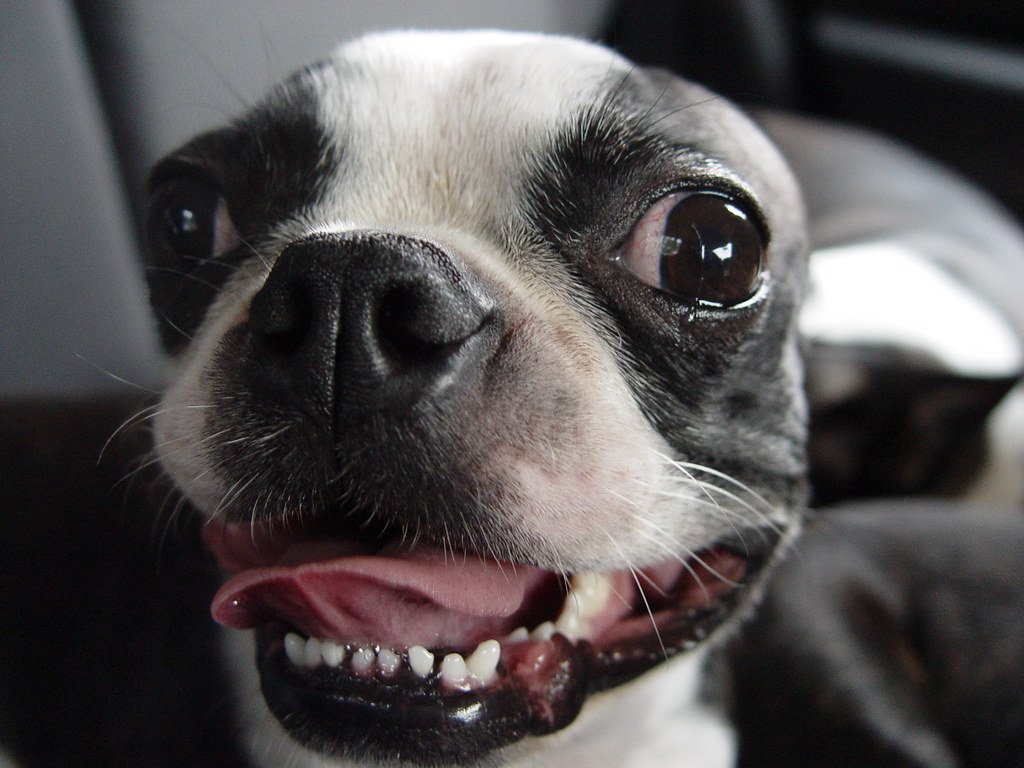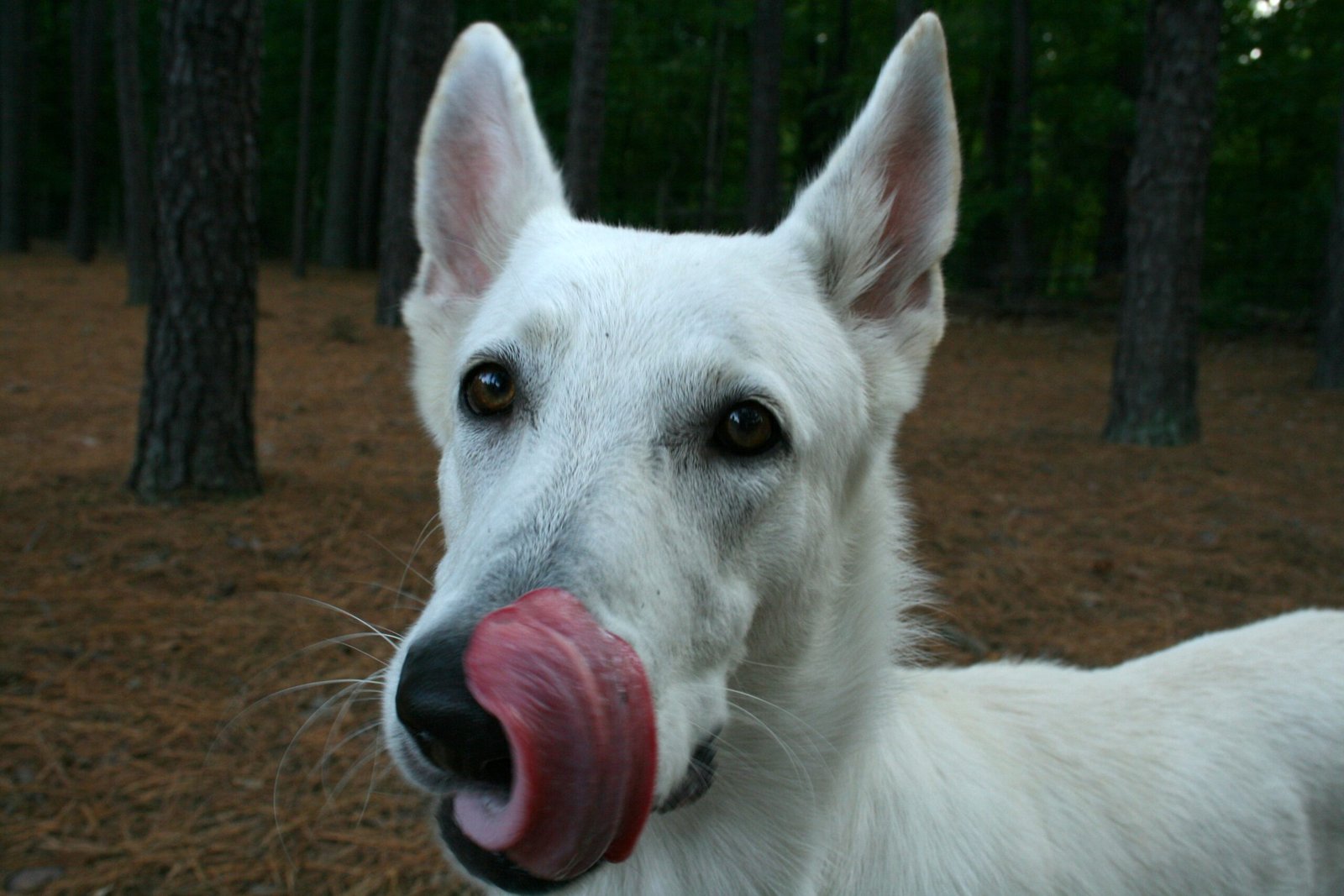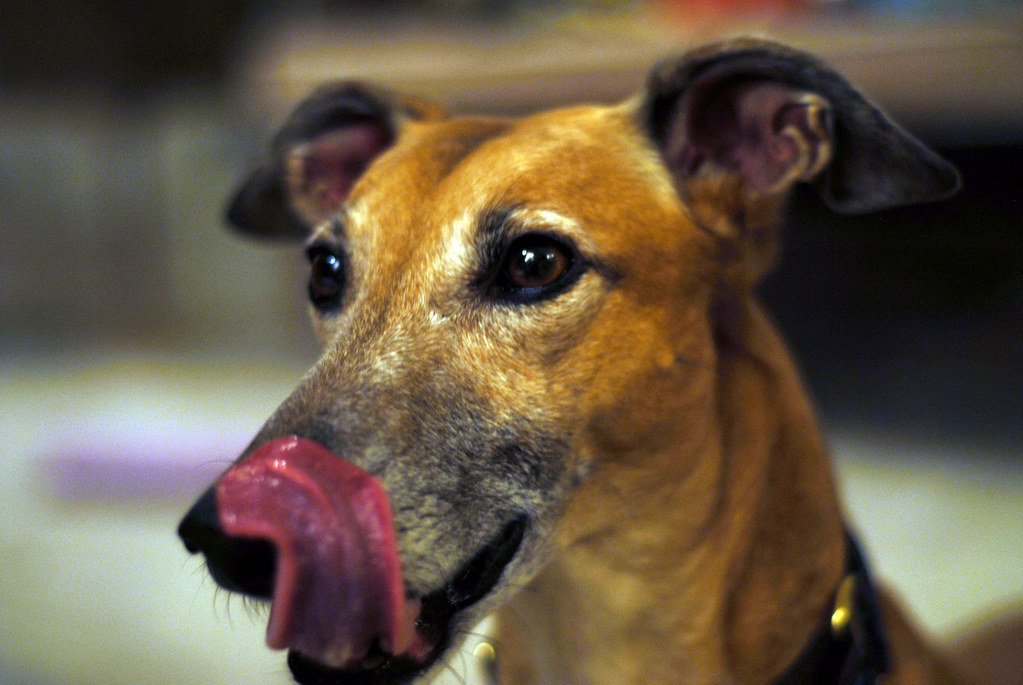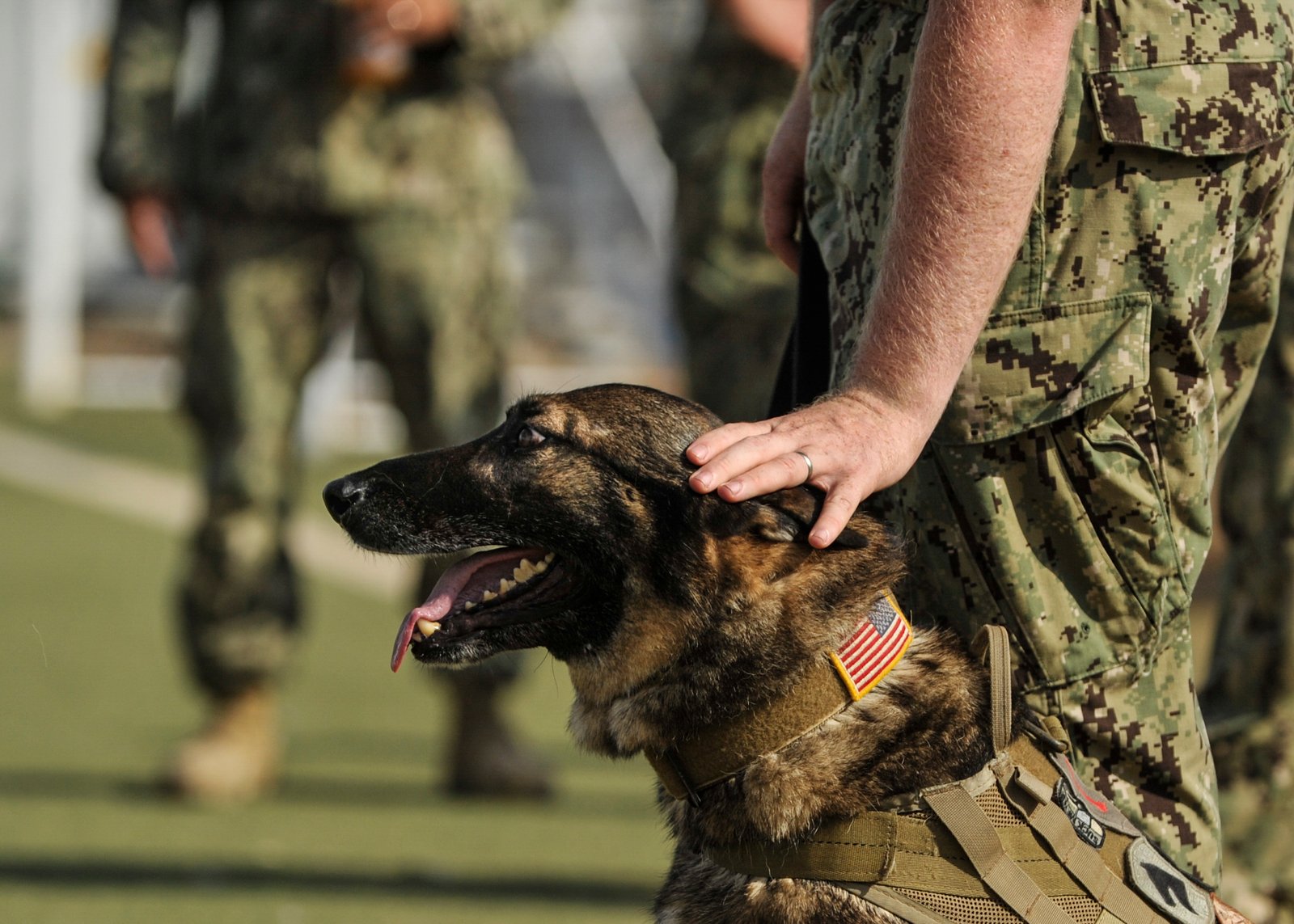Picture this: you’re sitting on the couch, your loyal pup at your feet, and suddenly you notice—again—he’s licking his lips over and over. Is it nerves, hunger, or something more? If you’ve ever wondered what’s going on in that furry head, you’re not alone. Licking lips is one of those classic dog behaviors that can leave even the most devoted dog lovers scratching their heads. Let’s dig into what’s really happening and how you can help your best friend feel his happiest and healthiest.
Understanding Lip Licking: More Than Just a Quirk
Lip licking isn’t just about cleaning up after a tasty treat. In dogs, this gesture can mean a whole lot more. Sometimes, it’s a subtle signal—almost like a dog’s version of biting their nails or fidgeting.
Many pups will lick their lips when they’re unsure or in new situations. It’s a way to say, “I’m not sure about this, but I want to keep things calm.” If you notice it happening a lot, it’s worth paying closer attention to what else is going on around your pup.
Hunger or Anticipation: Is Dinner on Their Mind?
We’ve all seen that hopeful look when the food bag rattles or the treat jar opens. Lip licking can simply mean your dog’s tummy is rumbling. Just like us, dogs might smack their lips when they smell something delicious or anticipate a snack.
If your dog only licks his lips around mealtime or when you’re preparing food, it’s likely just excitement. But if it happens outside of these times, you might want to look for other clues to rule out hunger as the main reason.
Nervousness and Stress: Reading Emotional Cues

One of the most common reasons a dog keeps licking its lips is nervousness. Maybe there’s a thunderstorm rumbling outside or a stranger just walked in. Lip licking acts as a calming signal, a dog’s way of de-escalating tension in their environment.
Take note of your dog’s body language. Are his ears back, tail tucked, or is he yawning a lot? These are all signs your furry friend might be feeling anxious. If you see a pattern, think about what might be stressing him and how you can help ease his worries.
Health Concerns: When to Worry

Sometimes, lip licking isn’t just emotional—it’s physical. Dental pain, nausea, or something stuck in the mouth can all trigger repeated licking. If you spot other symptoms like drooling, pawing at the mouth, or loss of appetite, it’s time to call your vet.
A classic example: my neighbor’s golden retriever started licking her lips constantly, and it turned out she had a cracked tooth. After a quick trip to the vet, she was back to her happy, tail-wagging self. Never ignore persistent changes, especially if they come with other health red flags.
Avoiding Trouble: Preventing Unwanted Licking

Understanding your dog’s signals is the first step to preventing excessive lip licking. Keep routines predictable, provide plenty of positive reinforcement, and make sure your dog feels safe at home. Dogs thrive on consistency and knowing what to expect.
If you suspect anxiety is the cause, consider enrichment toys or calming routines. For mouth discomfort, regular dental check-ups and chew toys can do wonders. Preventing issues before they start is one of the best gifts you can give your pup.
Behavioral Training: Helping Dogs Cope

If stress is behind your dog’s lip licking, gentle behavioral training can make a huge difference. Reward calm, relaxed behavior with treats or affection, and work on desensitizing your pup to stressful triggers slowly over time.
Positive reinforcement is key. Small wins—like staying calm when guests arrive or during car rides—build confidence. Patience, love, and a few healthy treats go a long way in helping your dog feel secure.
Real-Life Scenarios: Stories from Everyday Dog Lovers
I once fostered a shy beagle who would lick his lips every time the vacuum cleaner turned on. By gradually introducing him to the noise and rewarding brave moments, he started to relax. It’s not always about food or pain—sometimes, it’s the little things that make a big impact.
Dog lovers everywhere share similar stories: maybe it’s the mail carrier, a thunderstorm, or a new pet in the house. Every dog has a story behind their behavior, and every owner learns to read the clues in their own way.
When to Seek Professional Help
If you’ve tried everything and your dog is still licking his lips constantly, it’s time to reach out to a professional. Persistent symptoms may need a vet’s diagnosis or a certified dog behaviorist’s help. Trust your gut; you know your pup best.
Sometimes, just an outside perspective can spot something you’ve missed. Don’t wait too long if you’re worried—early intervention can make all the difference for your furry companion.





